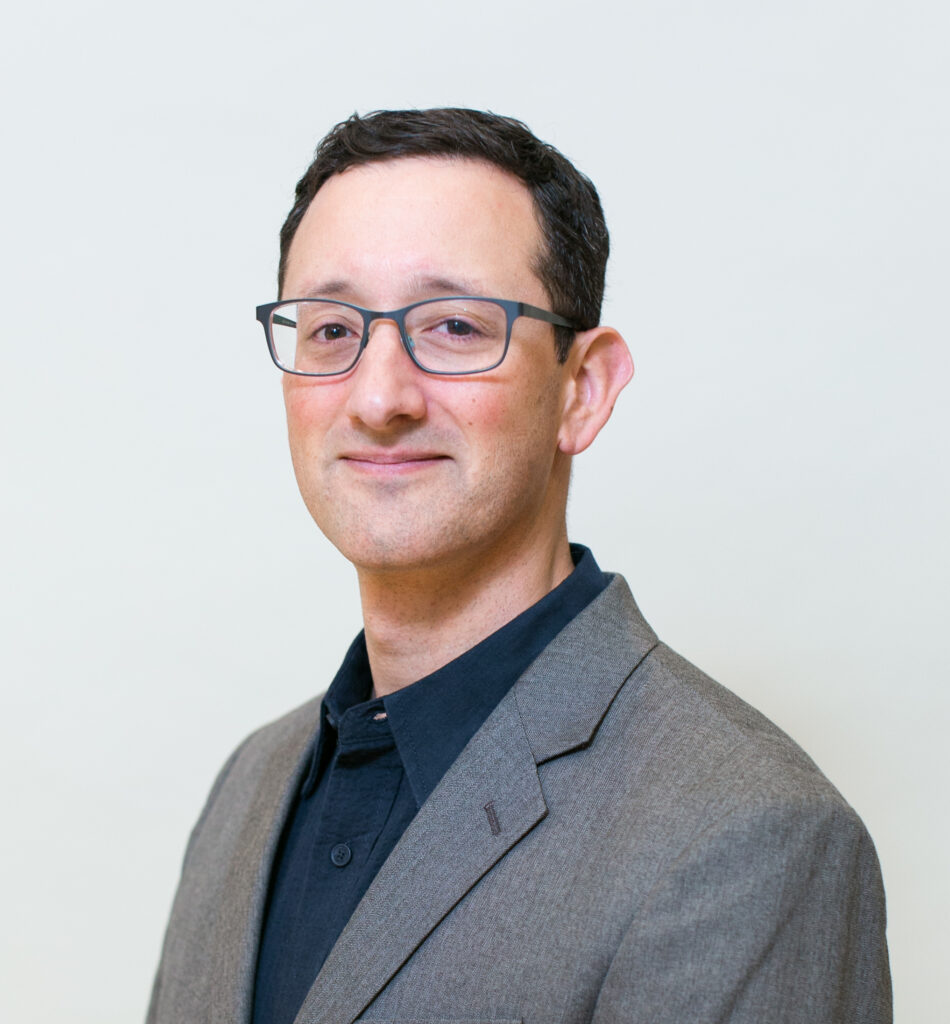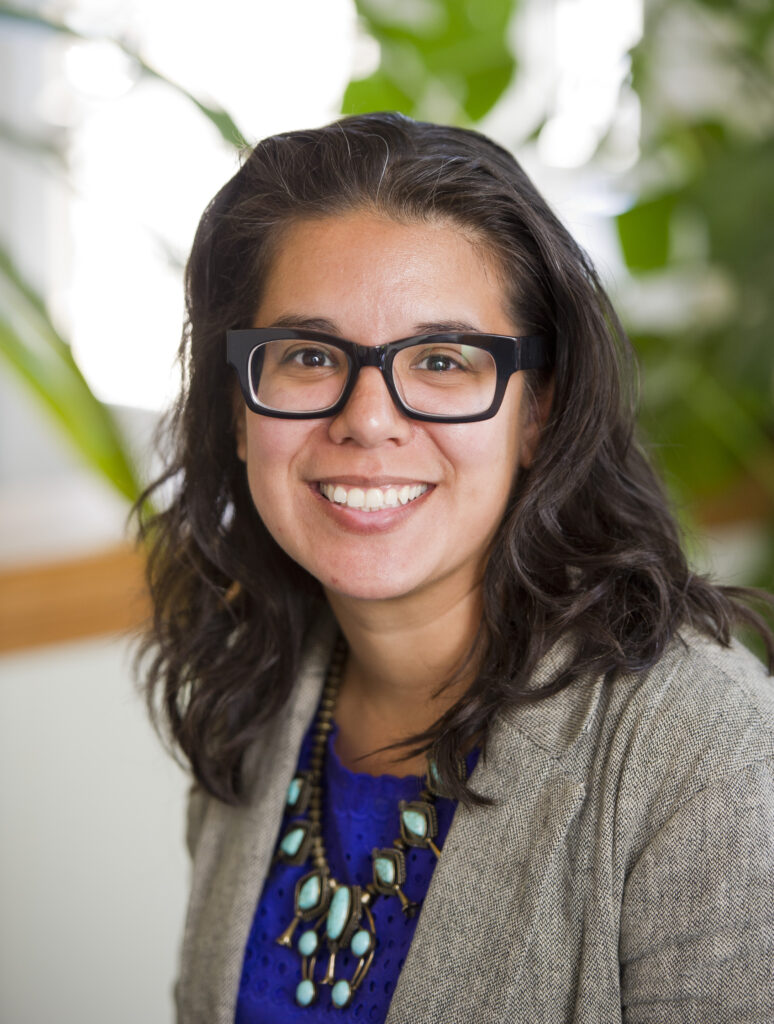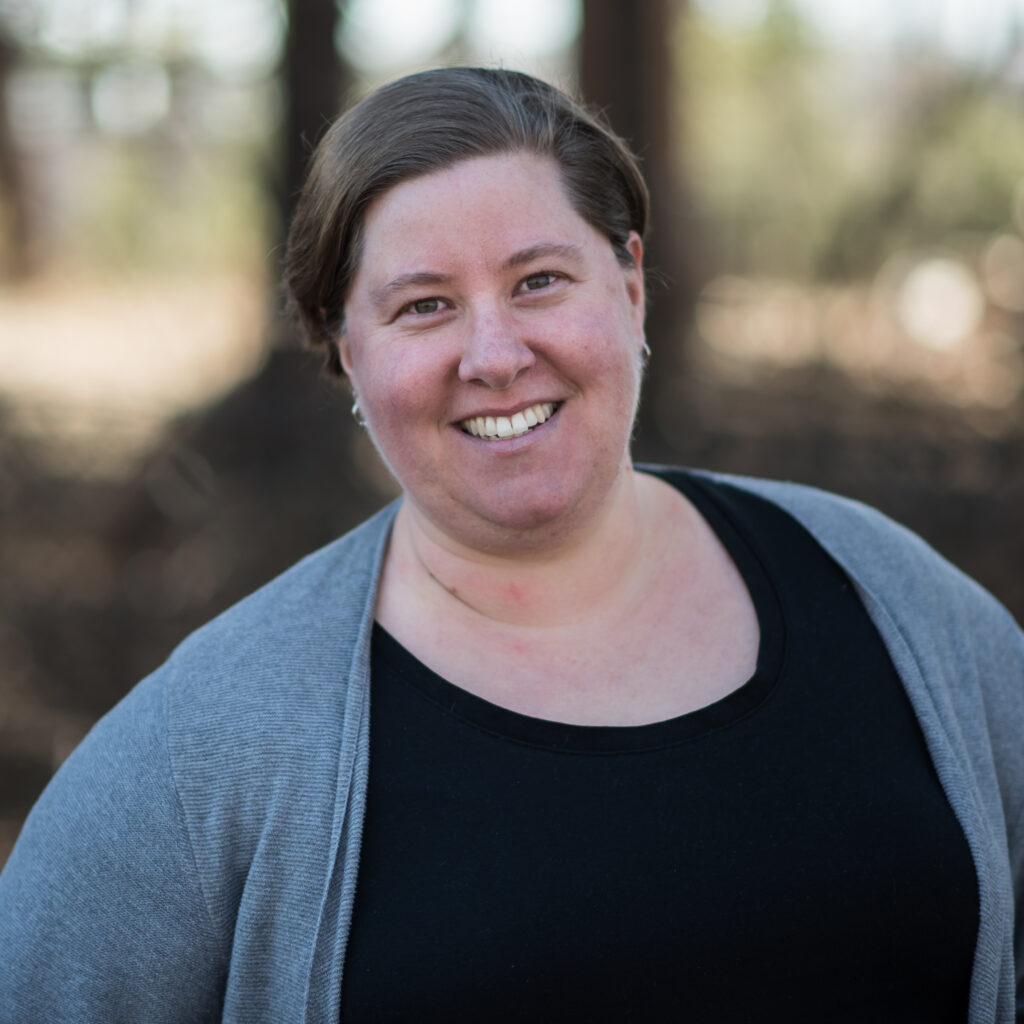This post is written by Jacy Ippolito, Christina Dobbs, Megin Charner-Laird. You can read more about these authors at the bottom of this post.
When talking with school leaders interested in supporting disciplinary literacy (DL), one question we often ask is: “What kind of holding environment are you able and willing to establish for your teachers as they learn about and pilot disciplinary literacy practices?” Note that this question touches on three critical components: 1) the notion of a holding environment for teachers; 2) a focus on professional learning and piloting of DL practices; and 3) what leaders are able and willing to do to support these efforts. In our experience, we have found that all three components are necessary to foster rich disciplinary literacy work within and across content area classrooms. Let’s take a moment to explore each component in turn.
- Holding Environments for Adult Learning
First, it is important for school leaders to understand that just as we establish and maintain holding environments for students to learn within classrooms, adult educators also need holding environments to support their professional learning. A holding environment is “a nurturing context in and out of which we grow, and can be a relationship, a series of relationships, carefully designed collaborative practices, or a complex organization like a school” (Drago-Severson & Blum-DeStefano, 2017, p. 52).
An effective holding environment meets learners where they are, and it also nudges them to grow and shift at a rate they can handle. In the words of school change researcher Michael Fullan (2016), an effective holding environment applies pressure and support. School leaders are well-positioned to provide both support and pressure within the larger context of a disciplinary literacy professional learning initiative. In terms of support, leaders can provide time, stipends, and resources (e.g., books, workshops, consultants, etc.) to jumpstart DL professional learning efforts. Regarding (gentle) pressure, leaders can incorporate DL questions and frameworks into their informal and formal evaluation efforts (e.g., “In your classroom, what does it mean to read/write/communicate like a historian, literary critic, mathematician, scientist? How have you made this explicit to students?” [Ippolito & Fisher, 2019, p. 54]). For more on how leaders can craft/incorporate DL-related questions into their informal and formal classroom observations and conversations, see “Instructional Leadership for Disciplinary Literacy” (Ippolito & Fisher, 2019).
- Supporting Collaborative DL Professional Learning & Piloting of Practices
Second, school leaders need to be cognizant of helping to establish an effective holding environment (i.e., relationships and collaborations among teachers) that supports invention, adaptation, and risk-free piloting of new practices. Given that disciplinary literacy is still a young field of research and practice, very few codified ways of working have been established and backed by research. Thus, school leaders can set the tone for the work by encouraging teachers to form content-specific or cross-content area professional learning communities (PLCs). These PLCs can be led and facilitated by teacher leaders who have deep expertise in the content area standards and traditional practices. These teacher leaders can take on the role of lead learners (Charner-Laird et al., 2016). They can use discussion-based protocols to support looking at student work, tuning new DL lesson plans, and making sense of emerging student data. Furthermore, these teacher leaders can support colleagues, within PLCs, to engage in collaborative inquiry around new DL practices (Ippolito et al., 2019).
By encouraging the adaptation of existing practices, and the invention and piloting of new practices, school leaders can signal to teachers that they don’t expect perfection or mastery immediately. Instead, the leadership expectation is focused on teachers delving deeply into the reading, writing, and communication habits of minds and norms of practices within their disciplinary areas of expertise (e.g., biology, chemistry, world history, etc.). The essential question becomes: “How can we apprentice students into these discipline-specific ways of reading, writing, and communicating?” Teachers can also be encouraged to delve into their own students’ cultures, languages, and out-of-school ways of reading, writing, and communicating, in service of both bridging towards discipline-specific practices and perhaps at times reinventing those practices to more fully include students’ own funds of knowledge (Moje, 2015; Moll, 2015).
- What Are Leaders Able and Willing to Do to Support?
Third, leaders need to consider a larger arc of professional learning than simply purchasing a book, setting up a one-time workshop, or encouraging PLCs to form and then stepping away. Wise leaders will consider establishing a cross-role committee of teachers, leaders, coaches, and specialists to design a DL professional learning initiative that might unfold over a period of a year or more (Dobbs et al., 2017). The initiative might include some initial shared learning experience (e.g., a summer institute or series of workshops led by an outside expert or district-based literacy leader). Following initial learning experiences about DL research and practice, teams of teachers might collaboratively inquire into new instructional practices as part of PLCs led by teacher leaders (Charner-Laird et al., 2016). Finally, new practices might be piloted, assessed, refined, and then shared more widely across teacher teams within and across content areas in a school or even across a district (Ippolito et al., 2019).
Leaders who are invested in this work will participate in all stages of this professional learning arc—from dipping into initial workshop learning experiences, to observing and participating in a few PLCs, to observing new classroom practices, to supporting the wider sharing of work across the school and district. Leadership participation signals the importance of the work and aligns informal and formal observations and evaluations with professional learning efforts.
Understandably, this work takes time and resources. Yet the results are worth it. As one middle school principal who led DL professional learning and teaching efforts across the pandemic recently noted: Disciplinary literacy work is meant to “activate and engage students as doers” as opposed to being “passive receivers of content.” His essential question to teachers became: “How do we begin to use disciplinary literacy as a way to strengthen students as doers in our disciplines?” By providing summer professional learning time with outside consultants, and then devoting whole-school and departmental faculty meeting time to collaborative DL professional learning, teachers made strides in adopting, adapting, and piloting DL practices. In this way, leaders can work alongside teachers to make disciplinary literacy a reality in K-12 classrooms.
References
Charner-Laird, M., Ippolito, J., & Dobbs, C. L. (2016). The roles of teacher leaders in guiding PLCs focused on disciplinary literacy. Journal of School Leadership, 26(6), 975-1001.
Dobbs, C. L., Ippolito, J., & Charner-Laird, M. (2017). Investigating disciplinary literacy: A framework for collaborative professional learning. Harvard Education Press.
Drago-Severson, E., & Blum-DeStefano, J. (2017). Tell me so I can hear you: A developmental approach to feedback for educators. Harvard Education Press.
Fullan, M. (2016). The new meaning of instructional change (5th ed.). Teachers College Press.
Ippolito, J., Dobbs, C. L., & Charner-Laird, M. (2019). Disciplinary literacy inquiry and instruction. Learning Sciences International.
Ippolito, J., & Fisher, D. (2019). Instructional leadership in disciplinary literacy. Educational Leadership, 76(6), 50-56.
Moje, E. B. (2015). Doing and teaching disciplinary literacy with adolescent learners: A social and cultural enterprise. Harvard Educational Review, 85(2), 254-278.
Moll, L. C. (2015). Tapping into the “hidden” home and community resources of students. Kappa Delta Pi Record, 51(3), 114-117.
Cover photo by Hannah Busing on Unsplash

Jacy Ippolito is a professor of literacy and leadership in the McKeown School of Education at Salem State University (Salem, MA), where he currently co-directs the graduate programs in Educational Leadership and is the co-founder and co-leader of the Center for Educational Leadership at the University (CEL@SSU). Jacy has worked as a reading specialist and literacy coach, and his research, teaching, and consulting focus on the intersection of coaching, leadership, adolescent/disciplinary literacy, and school reform. For more about Jacy’s books and articles, or to connect with him, visit www.visualcv.com/jacyippolito or www.twitter.com/Jippolito.
Christina L. Dobbs is an assistant professor and director of the English Education for Equity and Justice program at Boston University. Her research interests include language diversity and the language of schools and disciplinary communities, the argumentative writing of students, teachers’ beliefs about language, and professional learning for secondary teachers. Additionally, she writes about being a woman of color in the academy. She is a former high school English language arts teacher, as well as a literacy coach, reading specialist, creative writer, and native Texan. To connect with Christina, please find her at https://twitter.com/drcdobbs.


Megin Charner-Laird is a professor of elementary education and educational leadership in the McKeown School of Education at Salem State University (Salem, MA). She currently co-directs the graduate programs in Educational Leadership and is the co-founder and co-leader of the Center for Educational Leadership at the University (CEL@SSU). Megin worked primarily as a fifth-grade teacher, and she carries those experiences into her teaching, which focuses on teachers’ professional learning, teacher leadership, formal school leadership, and school change. To connect with Megin, please find her at www.twitter.com/drcharnerlaird.
